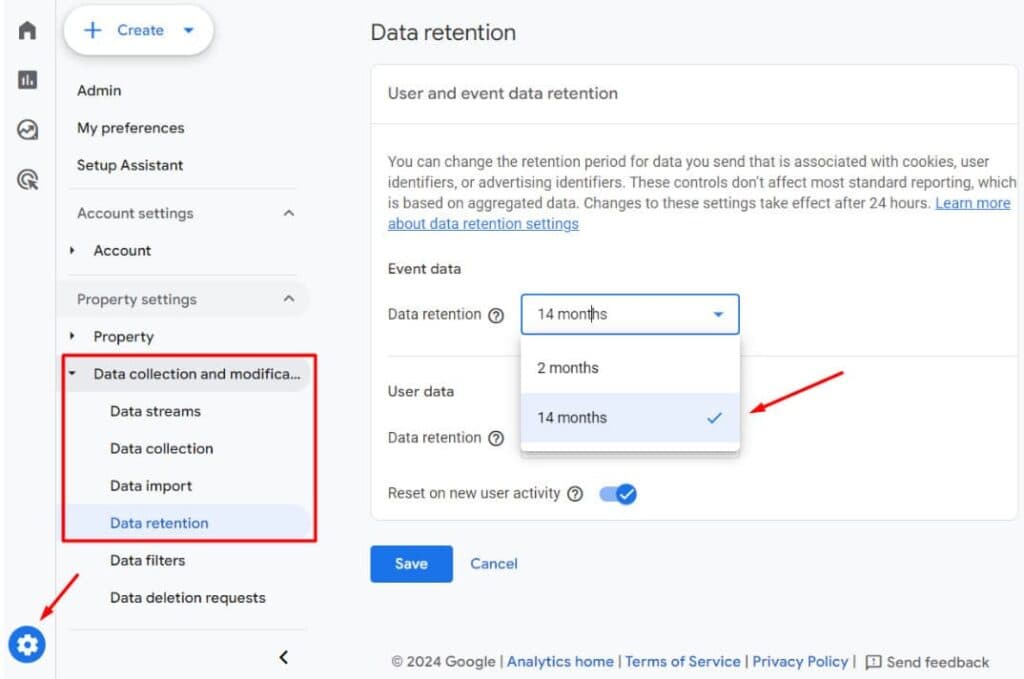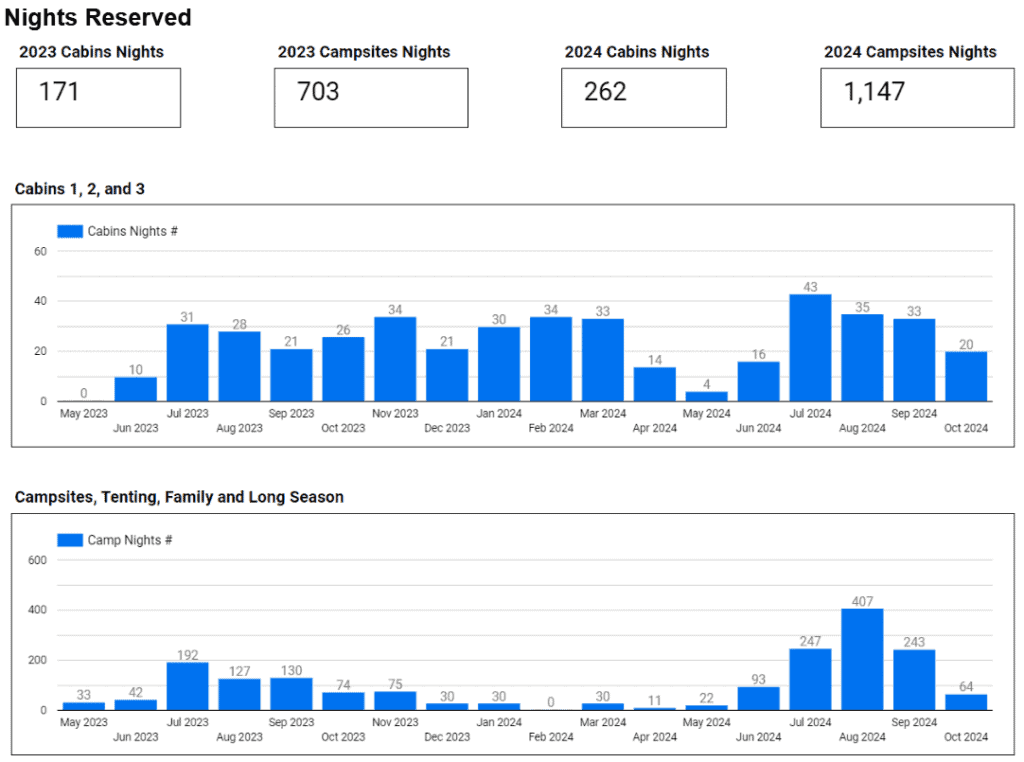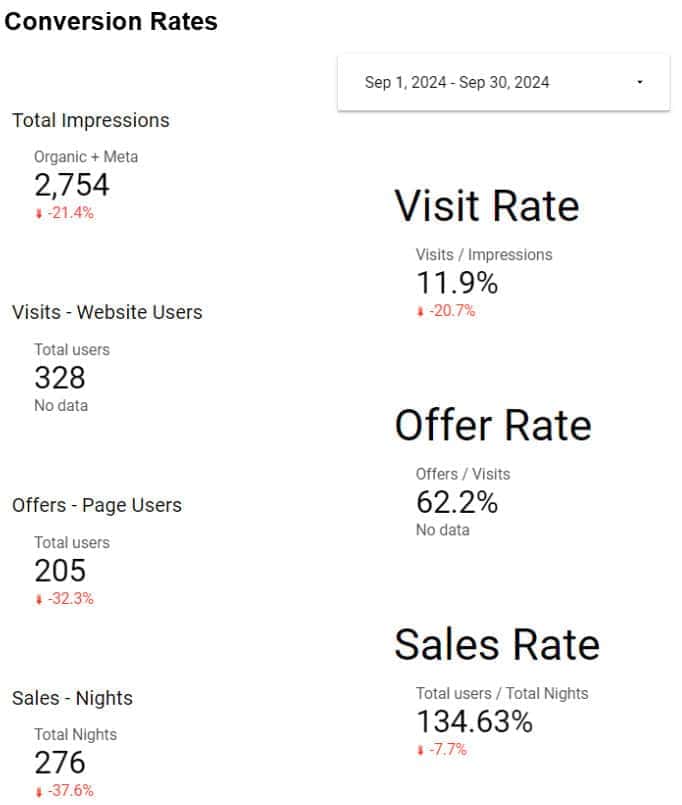I’m sure everyone has heard of Google Analytics but if you haven’t, it is online software that measures the volume of traffic – and other things like events – to a website. Recent versions also track information related to apps.
I have been using Google Analytics since 2005 when it was launched. I still use it. And all our clients use it. But I have a love-hate relationship with GA. I’m going to explain why.
A Little History
Urchin Software Corporation was a web analytics company based in San Diego, CA. Google bought the company in April 2005 for roughly $30 million. By November Google released their version of the software. But instead of charging customers for the use of the product, Google offered it for free. At the time, this was like an earthquake – unheard of.
Love: GA3.0 was Awesome
I used to be a wiz with Google Analytics 3.0. I could find numbers. I could filter data. I could segment data. I could set up alerts. I could find and share valuable information with clients. I used to be a GA rock star.
Then, in July 2023, the world changed again. Google decided, in its arcane wisdom, to switch to a homegrown version of Analytics called GA 4.0.
Hate: GA4.0 is Tough
My very first experience with GA 4.0 was brutal. The experience is etched in my memory. I logged in – but I couldn’t find anything. I couldn’t figure it out. Everything was strange. It was an entire mystery.
All the skills that I had developed over the years melted away. I was like a kid in kindergarten trying to figure out how to tie my shoes.
Let me warn you. GA 4.0 has a steep learning curve. The underlying technology is based on “events” instead of “sessions”. This is a good change because GA can track more actions by visitors.
In addition, the interface for GA 4.0 changed. It takes some getting used to. But over time, with lots of attempts, errors, frustration, and venting, it is possible to figure out how to get the information that you want. The interface for 3.0 was based on reports. The interface for 4.0 has reports but there is also a “search” function that is pretty cool.
Love: GA is Free and Ubiquitous
Luckily, GA 4.0 is still free.
Along with being free, this is great news for our company for several reasons:
- Almost every business with a website utilizes it.
- It is a single platform, so we didn’t have to familiarize ourselves with multiple systems.
- We can provide value by helping our clients understand and use GA.
Love: GA is Easy to Set Up
Surprisingly, GA 4.0 is easy to set up. It is almost automatic. I have walked through the process with quite a few clients. It isn’t as hard to do as the mental challenge of setting some time aside to do the task.
Hate: Data Retention is 2 Months
Yes, you read that correctly. By default, GA 4.0 only retains data for 2 months. This is the bad news.
The good news (sort of) is that you can make a change and have GA 4.0 save data for 14 months. This at least gives you the ability for year-over-year comparisons.
Here is how you can make that change:
- Login to GA 4.0
- Navigate to Admin
- Click on Data collection and modification
- Click on Data retention
- Change Event data > Data retention to 14 months
- Change User data > Data retention to 14 months
- Save
That should do it.

By the way, you can integrate another Google product called Big Query to backup the data from GA 4.0. It’s a bit tricky but doable. And its free for low volumes of data.
Love: GA Works
Wonderfully, GA 4.0 works. It takes time to figure it out but eventually, it starts to make sense.
Hate: Support is Non-Existant
As with all Google products (except Google Ads which is their money maker), human support is non-existent. The software works with every content management system (CMS) available. There aren’t really any issues with the software. As expressed above, the main issue with GA 4.0 is figuring out how to use it. Google Help is online. Sometimes it is helpful.
When clients have issues, I can usually figure out an appropriate solution. But somethings are still a mystery.
Looker Studio is Cool
Over the last few years, our company has been using Looker Studio. This is a relatively new product that Google has developed. Looker Studio is online software for reporting. With it you can make pretty tables and charts.
We started with creating reports for Google Ads. Then we added reports for Google Analytics. Recently, we have honed our skills and created reports using “blended” data from different sources.
I like Looker Studio. The more I use it and the more I learn, the more I like it.
Here are a couple of pages that we created for a client.
Nights Reserved

Conversion Rates

Your Turn
Here are a few tasks you can try:
- Make sure you have GA 4.0 set up and working well with your website
- See if you can figure out the volume of Users that are coming to your website in a month
- Figure out what an event is. Pick an event and try to find out how many times this event is triggered in a month
- Figure out how to change the Data Retention from 2 months to 14 months
Why Clio
We hope that you found this Google Analytics article interesting and engaging.
Clio Websites is a full-service website design and marketing company in Calgary. We have vast experience in responsive website design, website maintenance, WordPress development, and SEO. Clio offers free consultations and free website evaluations and we receive glowing reviews from our clients.
Our team is always happy to answer any questions, so please contact us.


